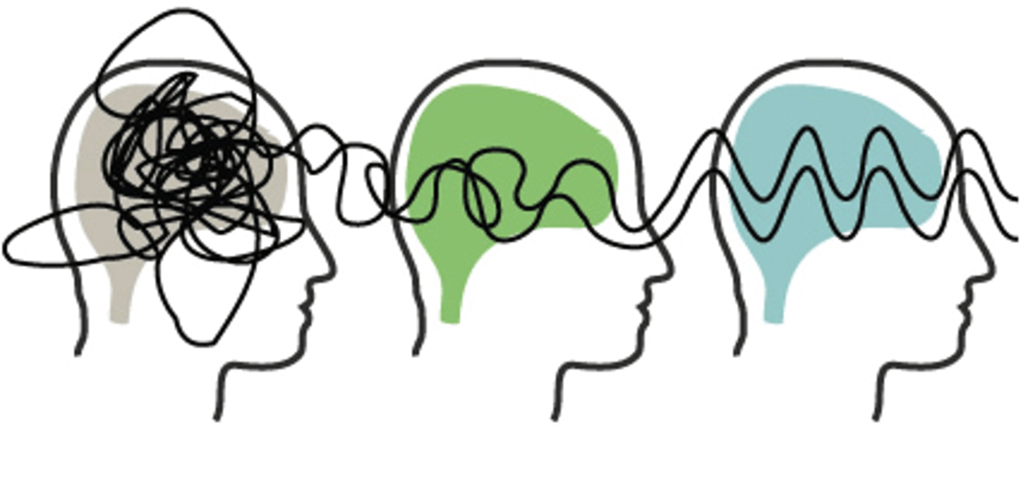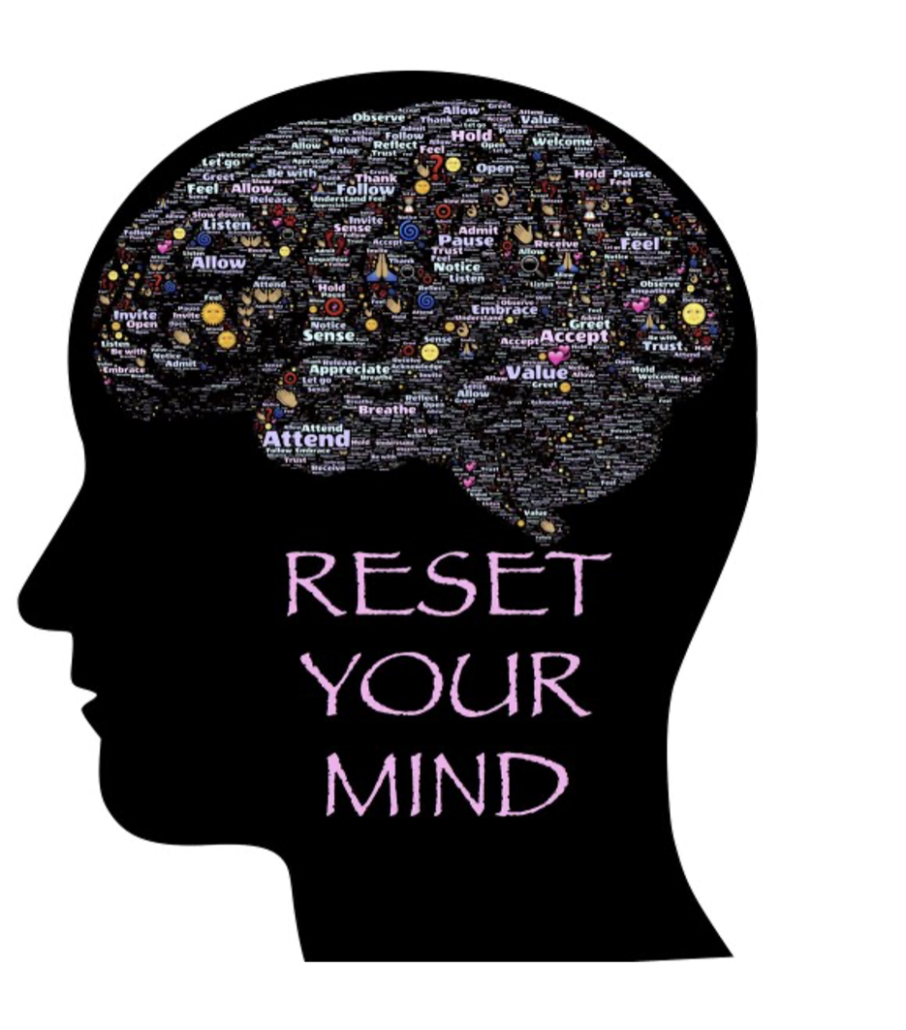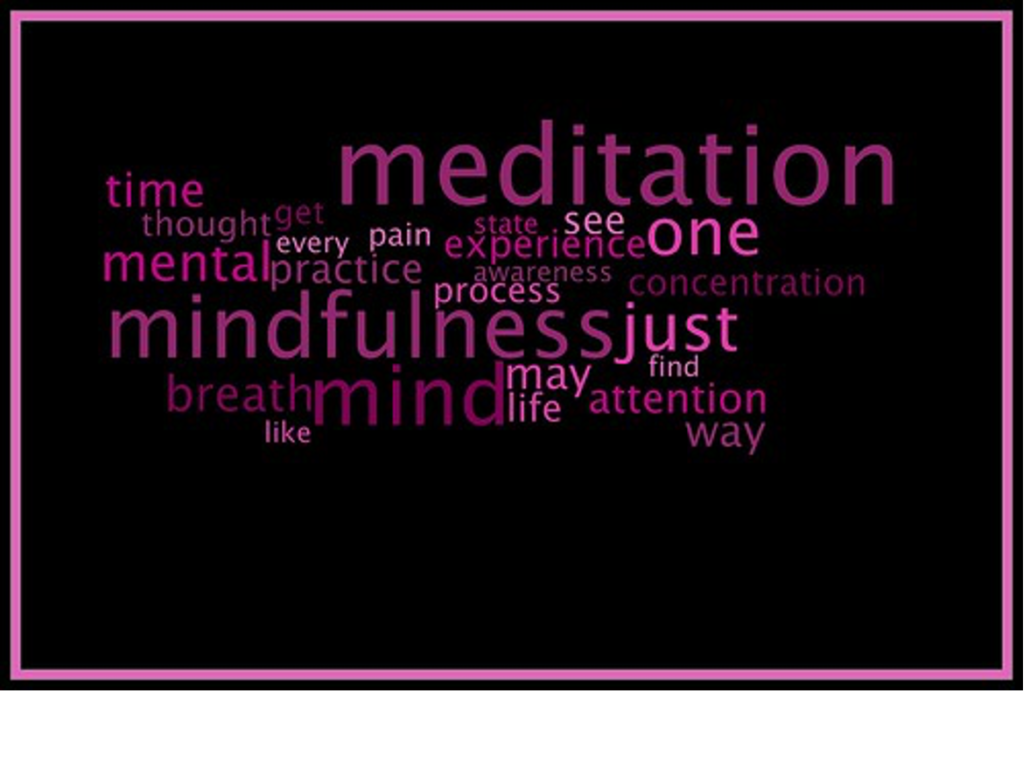MINDFULNESS
What is Mindfulness in
a nutshell
The art of Awareness – Live in the moment. It’s a mental state of being & achieved by the individual focusing on their full awareness to the here and now. It’s about “being” in a purpose and non-judgemental way, rather than “doing” mode. It is encouraging an open acceptance inwardly and outer, along with preventing self-criticism to be sensed within. “Being” mode allows you to become fully conscious of your life, so you can check -in and make intentional choices.

Why learning the art of awareness, is right for you!
Mindfulness has a large list of benefits, which you will read below. It challenges people’s ruminative thoughts which in-turn can positively influence their bodily and feelings as well as building emotional resilience. Times are hard and in this fast-paced world we live in, pressure and challenges are an everyday reality.
Therefore NICE, identify and recommends Mindfulness, as a treatment of choice for people who suffer from depression/ stress, because studies have proven that it helps you manage stress, anxiety, and depression, and gives a framework for lasting change. Richard Davidson a world-renowned neuroscientist identified that daily Mindfulness practise, can increase a person’s resilience over time. This can help people deal/work through lives challenges is a more effective way.
There are a wide range of benefits of Mindfulness, here is a few…
Reduce Anxiety & Stress
Decreased Depression
Increase Emotional Regulation
Stronger Relationships
Improve Health and Well-Being
Better Memory & Sleep
Reduces Pain
Stop overthinking/rumination

Corporate
There is a clear link between Mindfulness and resilience and wellbeing.
Organisations are identifying the clear benefits from introducing Mindfulness training and practises, into their workforce. Recent review of the scientific literature concluded that Mindfulness is fundamentally connected to improving wellbeing, relationships, and performance. After the pandemic, attitudes have changed, and businesses are experiencing the increased cost of absenteeism and staff turnover associated with the mental health of their employee’s. By cultivating a mindfulness workforce, research has reported the workforce are less emotionally exhausted and they have seen better working relationships forming, resilience and work performance increasing and importantly profits increasing. These are strong indictors that Mindfulness is an effective and pro-active practise them will embody into the organisation. (Workforcemindfulness.com)
Coming from a corporate background, I am happy to arrange a discovery call with you to discuss your workforce’s needs and how Mindfulness Now programme can support your workforce. This can be delivered in-house or on-line, at times that suit your needs.
Mindfulness NOW eight-week course was developed by Nick Cooke and colleagues, designed for those who have no prior experience of Mindfulness, through to those who want to embody their practises fully and want to explore mindfulness more deeply. I am a accredited Mindfulness Teacher, who trained with the UK College of Mindfulness Meditation. This programme is approved by the British Psychological Society, promoting excellence in Psychology
get in contact for dates about online group sessions
On this programme you will:
- Attend 8 weekly on-line sessions. Each one 1 1/2 hours, with a short break half-way through.
- Each session involves a new theme and involves guided meditation, poems, activities to aid you cultivating your own practise.
Commitment to home-based personal practice of around 20 minutes per day is vital to gain the most from this programme. This includes both recommended guided practices for the week and learning ways to cultivate mindfulness in everyday life.
You will learn the following skills:
- How to ‘find your ground’ by exploring different ways to anchor your attention, to see what provides the most helpful way of stabilising and calming your mind
- How to take a pause when your mind wanders, and to cultivate a sense of kindness and gratitude for the mind’s activity instead of seeing it as an enemy to be overcome
- How to use mindfulness to help deal with difficult emotions and concerns
- How to use mindfulness to notice moments of appreciation in your everyday life and to deal skilfully with the symptoms of exhaustion (e.g., procrastination)
- How to learn ways to sustain your mindfulness practice
This programme is not being offered as a treatment for any specific physical or psychological condition. If you are currently experiencing a severe problem, you are advised to seek medical approval before enrolling onto this programme.
Online programme
£70 per session
Face to Face /121 delivery
£420
Corporate
price agreed on needs
To learn more or book on the next programme, contact us at


